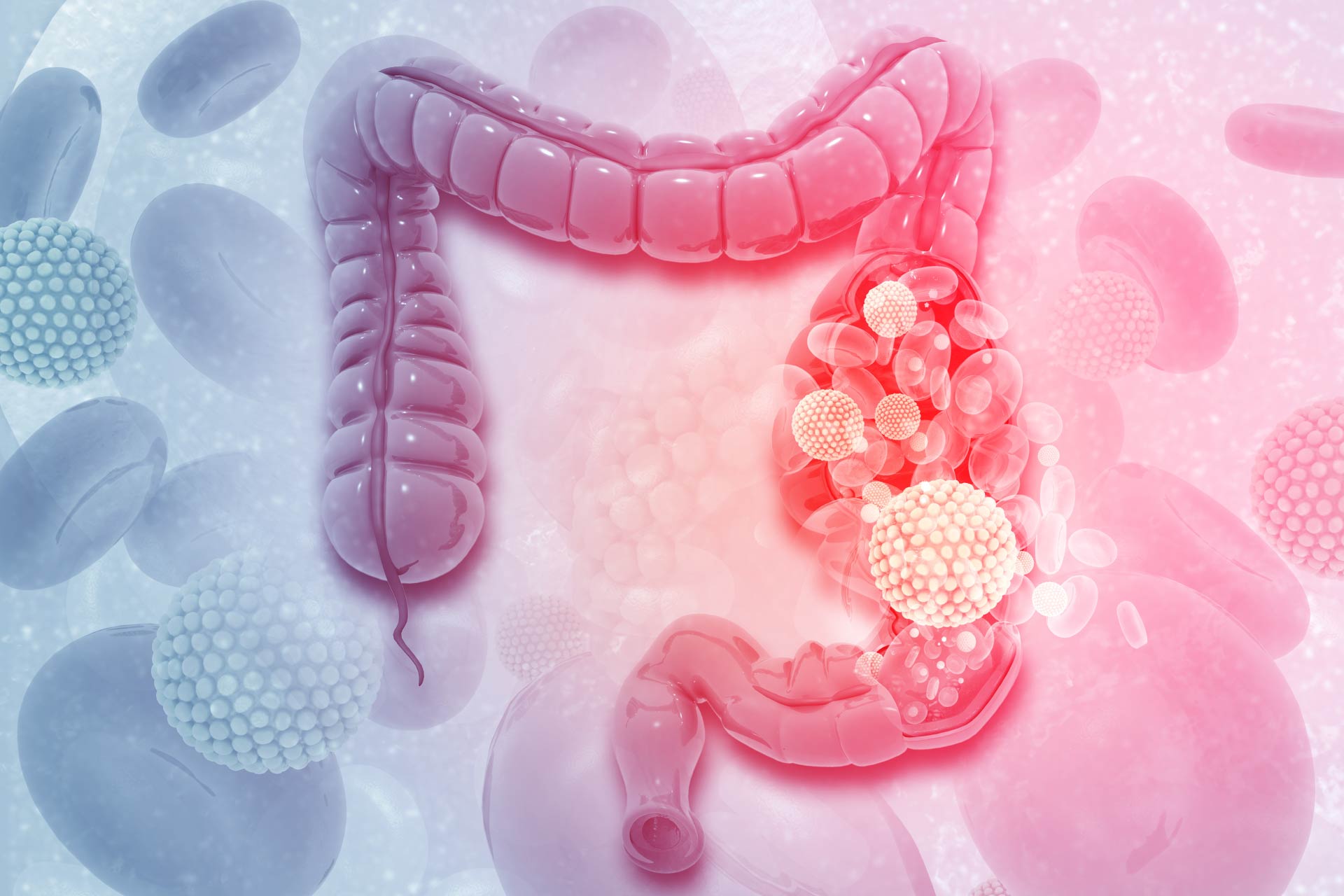• Disease resistance
• Bacterial protection
What is already known on this topic
Several studies have shown that the composition of the gut microbiota can influence whether an individual will develop colitis — a long-term condition characterized by inflammation of the inner lining of the colon — and colorectal cancer. But how the microbiota protects against these diseases is poorly understood.What this research adds
Researchers have found that mice lacking a molecule called TAK1 in a type of immune cells are resistant to colitis and colorectal cancer. Resistance to the diseases appears to be driven by changes in microbiota composition. In particular, the microbiota of mice lacking TAK1 promotes the activity of two types of immune molecules that in turn activate protective intestinal immune cells. Odoribacter splanchnicus, which is abundant in the gut of these mutant mice, is sufficient to induce the development of intestinal immune cells and confer resistance against colitis and colorectal cancer in control mice.Conclusion
By identifying specific microbes and immune mechanisms that protect against colitis and colorectal cancer in mice, the findings could help to understand what triggers protection against colorectal cancer in people.
Colorectal cancer is the third leading cause of cancer-related death in the United States, and inflammation of the colon is a major risk factor for colorectal cancer. Now, researchers have identified specific microbes and immune mechanisms that protect against colitis and colorectal cancer — at least in mice.
The findings, published in Cell Host & Microbe, could help to understand what triggers protection against colorectal cancer in people.
Scientists have known that the composition of the gut microbiota can influence whether an individual will develop colitis — a long-term condition characterized by inflammation of the inner lining of the colon — and colorectal cancer. But how the microbiota protects against these diseases is poorly understood.
In particular, an immune molecule called TAK1 is known to play a role in the cell response to environmental stresses, and its inhibition reduces the levels of inflammatory cytokines. “However, the role of TAK1 deficiency in microbiota, inflammation, and cancer development remains obscure,” the researchers say.
Working in mice, Rong-Fu Wang at the University of Southern California and his colleagues assessed whether TAK1 deficiency in a specific type of immune cells could confer resistance to colitis and colorectal cancer.
Disease resistance
Unlike control mice, mutant animals lacking TAK1 were resistant to colitis and colorectal cancer, the researchers found. These mice did not lose weight, showed no intestinal symptoms such as diarrhea, and had longer guts than control mice. And whereas the inner lining of the gut of control mice was filled with tumor cells, mice lacking TAK1 showed little or no disruption of the gut epithelium.
To assess whether gut microbes contribute to colitis resistance, the researchers gave the mutant mice antibiotics to remove their gut microbiota. Rodents treated with antibiotics lost their resistance to colitis, lost weight, and died within 10 days.
An analysis of the microbiota composition of mice lacking TAK1 showed several alterations, including a decrease of Actinobacteria, an increase of Proteobacteria. Further experiments showed that the alterations in gut microbiota composition observed in mice lacking TAK1 can generate a protective immunity against colitis and colon cancer. In particular, the researchers found that the microbiota of mutant mice promotes the activity of two types of immune molecules that in turn activate protective intestinal immune cells.
Bacterial protection against colorectal cancer
Next, the team set out to identify protective bacteria in the gut of mice lacking TAK1.
Odoribacter splanchnicus and Bacteroides sp. D20 were among the dominant strains in the guts of mutant mice. Both strains induced strong protection against colitis and colorectal cancer when transferred to the gut of control mice, the researchers found.
O. splanchnicus in particular was sufficient to induce the development of intestinal immune cells and confer resistance against colitis and colorectal cancer, likely by inducing the development of specific intestinal immune cells.
The study, the researchers say, “identified a single bacterial strain that can trigger protective immunity against cancer.” The findings also suggest that the microbiota and the immune system interact to regulate a specific type of immune cells, as well as tissue integrity and inflammation in the mouse gut, they add.









